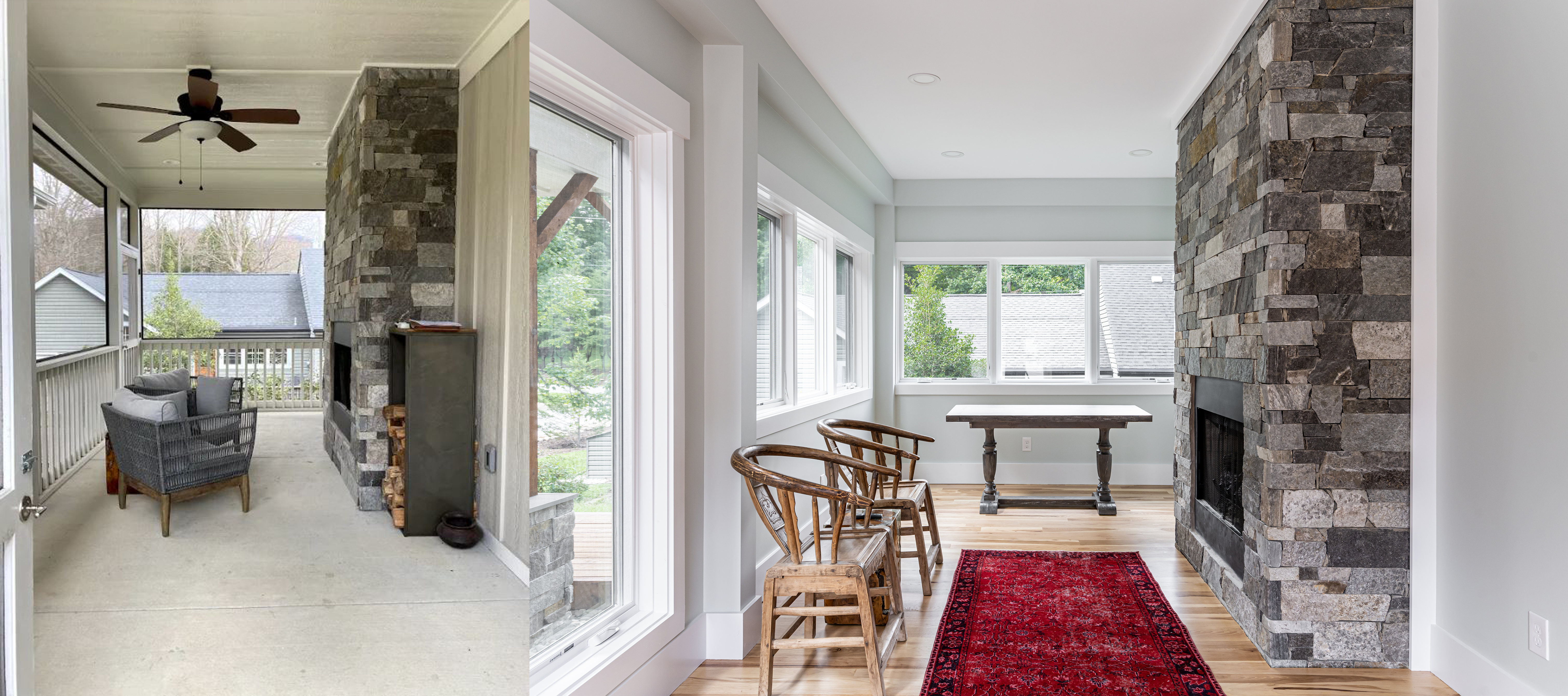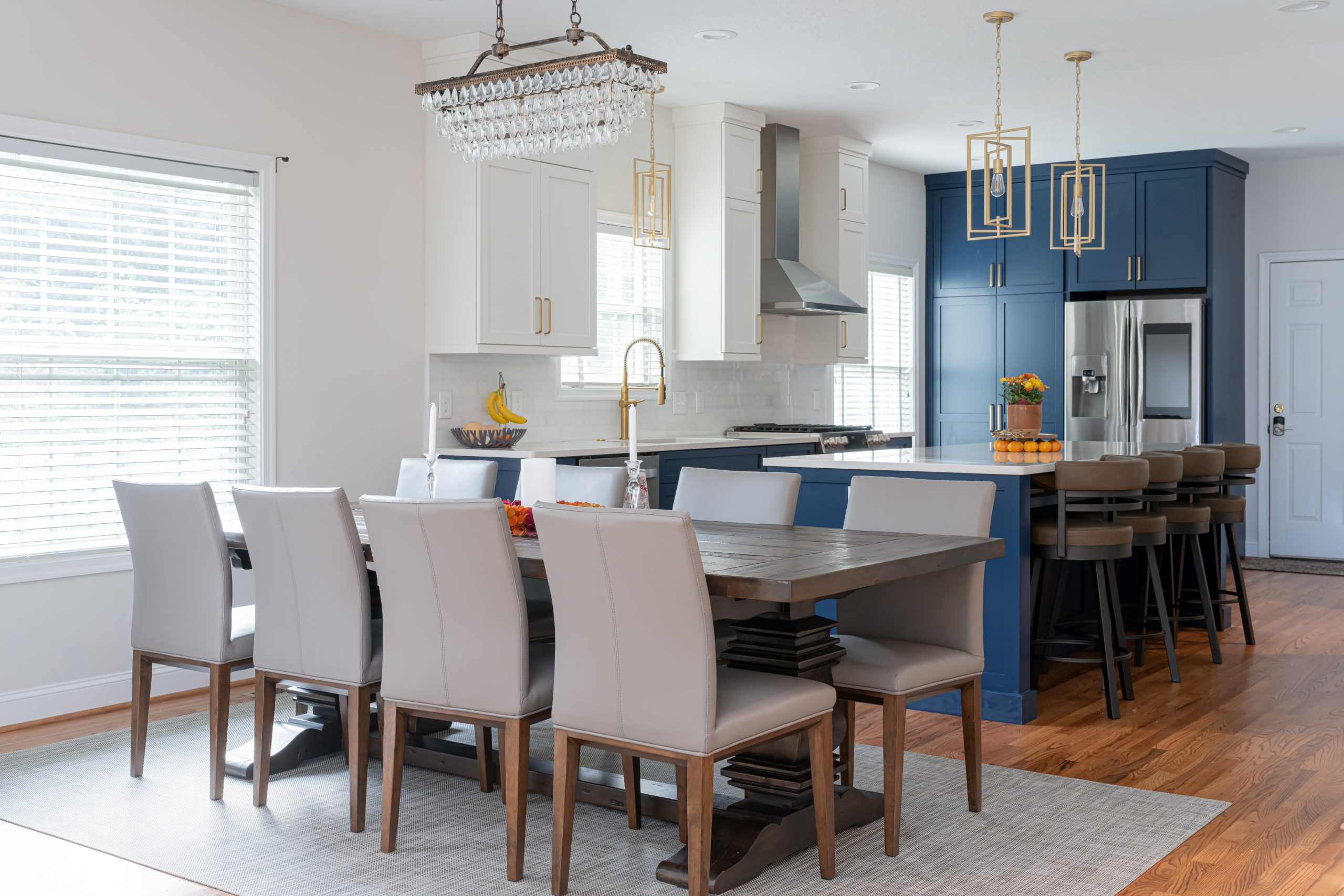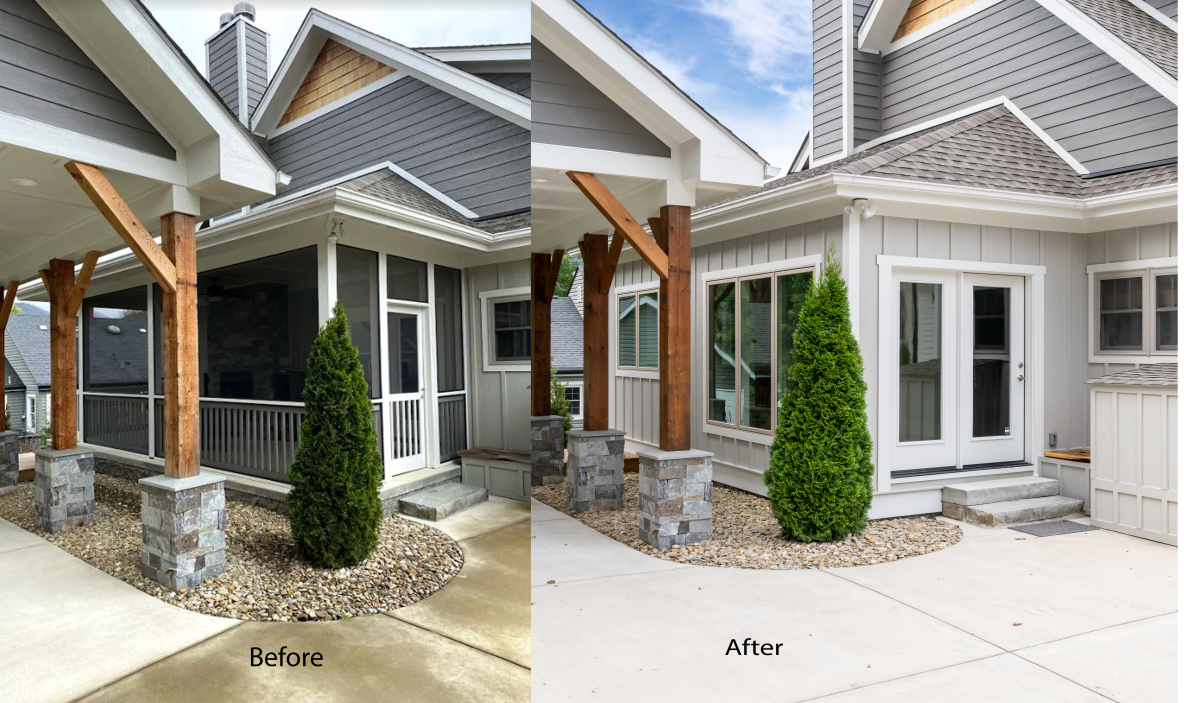One of the primary reasons people renovate their homes is because with time, a person changes, and so do their needs, tastes, and preferences. Moving into a new house and making a home out of it can be both financially and emotionally exhausting, so if you like the place you’re in, renovating your home can be the best option for you. Not only does renovating your home create more comfort and attraction, but it can also often increase your home’s value.
According to a survey by Trulia, around 90% of people remodel their houses at some point. Renovation gives a feeling of newness in addition to that affinity with the different, yet the same living space. As homeowners, you would want your home to always look perfect, wouldn’t you? Let’s look at the benefits of renovating your home!

Benefits of Home Renovations
Home renovations are popular ways to improve your home for many reasons. Before you start contacting licensed general contractors, determine what your priorities are.
Here are 7 common reasons to renovate your property:
- Increase the comfort and enjoyment of your home. Being at home should be cozy. That means different things to different people, but ultimately, your house should feel good to you. This can be achieved by adding the kitchen you want or installing the clawfoot tub of your dreams.
- Fix any safety issues. Some renovation projects can’t be delayed, such as electrical problems, roof leaks, or cracks in the foundation. Problems like these can lead to catastrophic damage or loss of your property. Even worse, your family could experience harm.
- Improve your home’s value. If you have plans to sell your home within the next few years, renovating will increase the value of your residence. The biggest impacts will come from increasing space like opening up the main living room space, replacing the front door, or updating the kitchen and bathrooms.
- Upgrade your home’s function. Does your home feel a little cramped? If you need more space or even a second bathroom to help make those busy mornings easier, renovating is a great way to improve how your home functions.
- Increase the efficiency of your home. New windows, a heat pump, and added insulation are all examples of improvements that can ultimately decrease energy costs. It’s no secret that more efficient homes are attractive to buyers looking to save on utility costs.
- Elevate your home’s style. If you’re looking to add a little pizzazz to your house, updating your home’s signature style can significantly enhance its value. Replace outdated materials and clunky appliances for fresh looks and functionality.
- Prepare the house for a sale. If your main objective is to sell your home, choices should reflect what will help with the sale, such as adding neutral colors, and fixing cosmetic or structural problems.

Where Do I Begin with My Renovation?
Homeowners who want to renovate often dive headfirst into their project without proper preparation. Without a clear understanding of the endeavor and process, a remodel can be full of disappointments.
While not every home renovation works in the exact same order, you may want to follow a certain plan to help avoid unnecessary work. Many renovation projects involve multiple steps. Here are 10 common ones to consider:
- Make a plan. Assess what you’d like to renovate and set a list of priorities. That includes deciding where to start and making sure you have the time and budget needed to get the work done.
- Set a budget. It may be a good idea to check out Remodeling Magazine’s Annual Cost vs. Value Report to get an idea of how much the average project costs. It’s a good rule of thumb to consider budgeting an extra 10 to 20 percent for unexpected expenses that may arise, according to Zillow.
- Hire a contractor. Hiring a licenced general contractor can save you both time and money for your home improvement projects.
- Talk with your insurance company. Have a conversation with your insurance company before and after your project to ensure you have the right amount of coverage to fit your needs.You may want to increase your coverage limits so your investment is better protected if it’s damaged or destroyed.
- Secure permits and order materials. If you’re hiring a contractor, be sure to have them check your municipality’s latest regulations. Permits can be critical to avoid certain issues that could impact your project.
- Start demolition. This is where the fun part begins! This is generally the time for critical work behind walls, below floors, and above ceilings, plumbing, electrical, heating and air-conditioning rough-ins, subfloors, and insulation.
- Paint and install flooring. Every contractor has a different process. Some may want to finish flooring first, while others prefer to prime and paint before working on the floor.
- Install cabinetry. Now that the walls and floors are in, you’re closer to a finished look. Cabinets are typically next, with upper cabinets going in before lower ones.
- Add finishing touches. Now is the opportunity to address those last details and decorations. Once your renovations are complete, be sure to take a moment to enjoy your new surroundings!
You may have completely different reasons for remodeling your home. As it’s one of the most significant investments you’ll make in life, we’d like to help you prioritize your needs and achieve the house you truly want to be in, not just live in.
While you might be unsure of how to navigate all of the steps of a remodeling or renovation project, Semper Fi Custom Remodeling has years of award-winning experience. Contact us today to schedule a consultation. We look forward to working with you.

